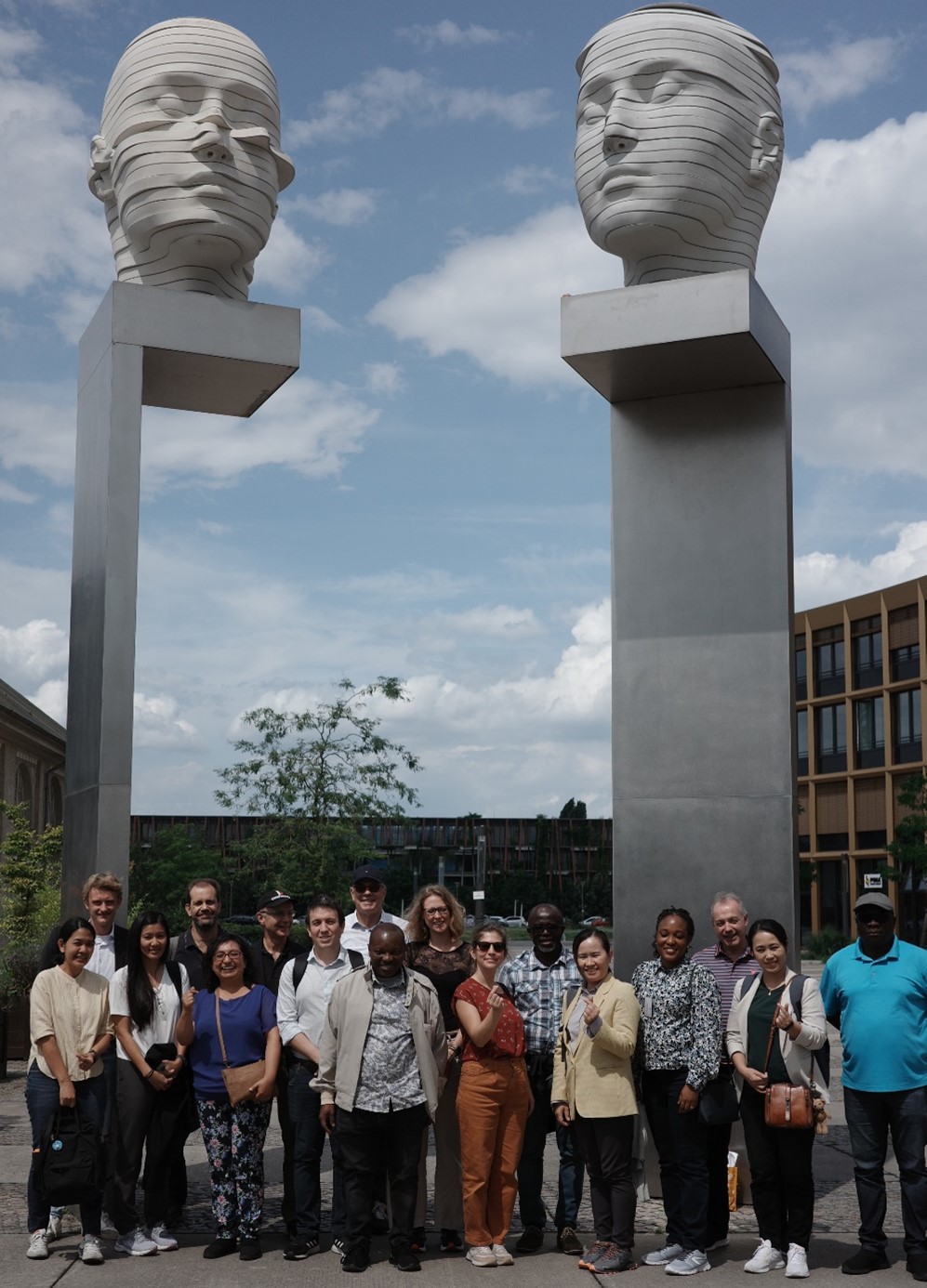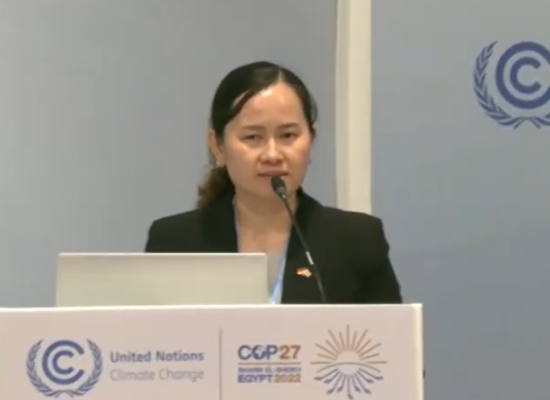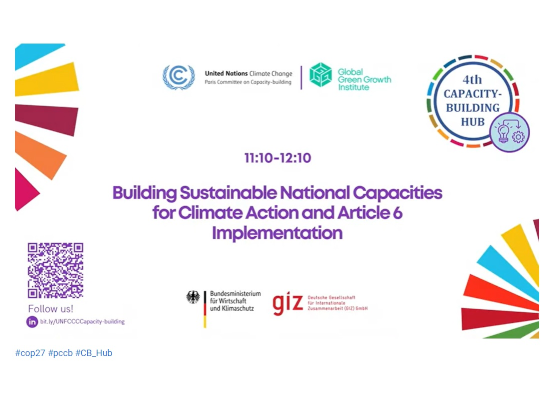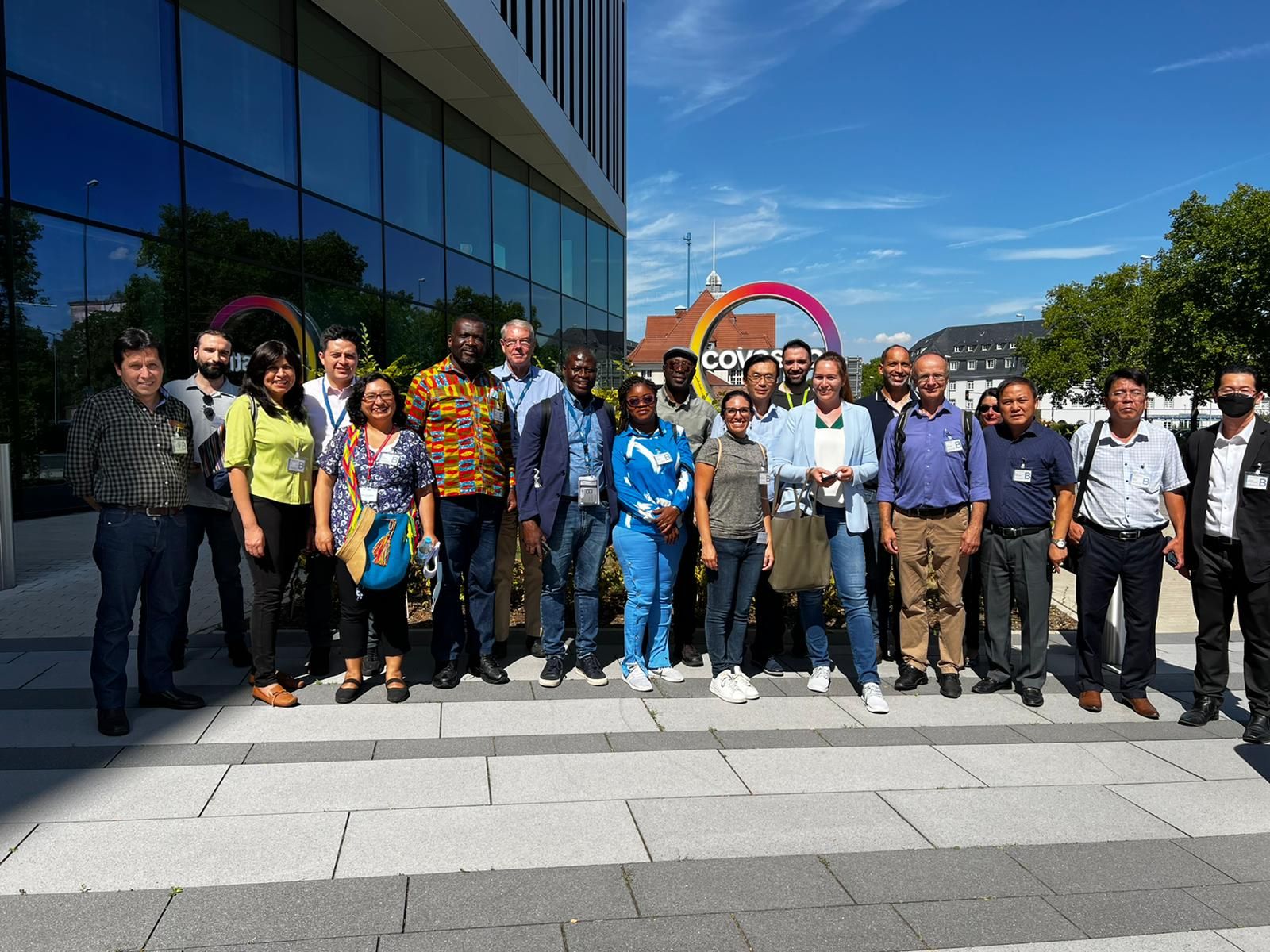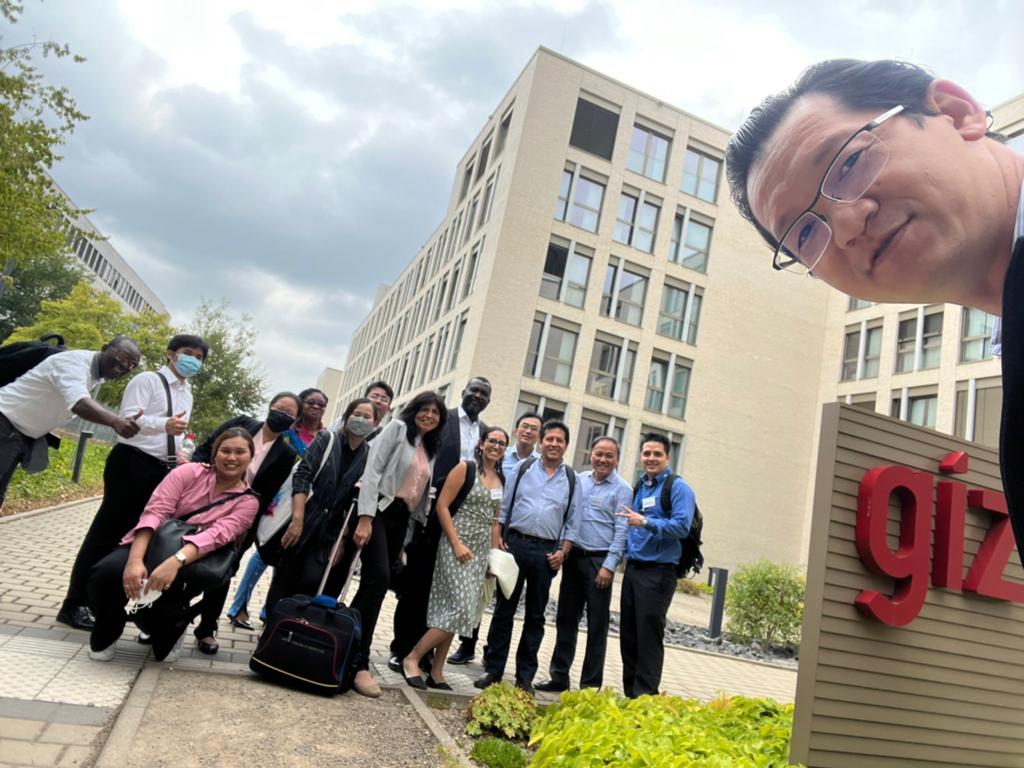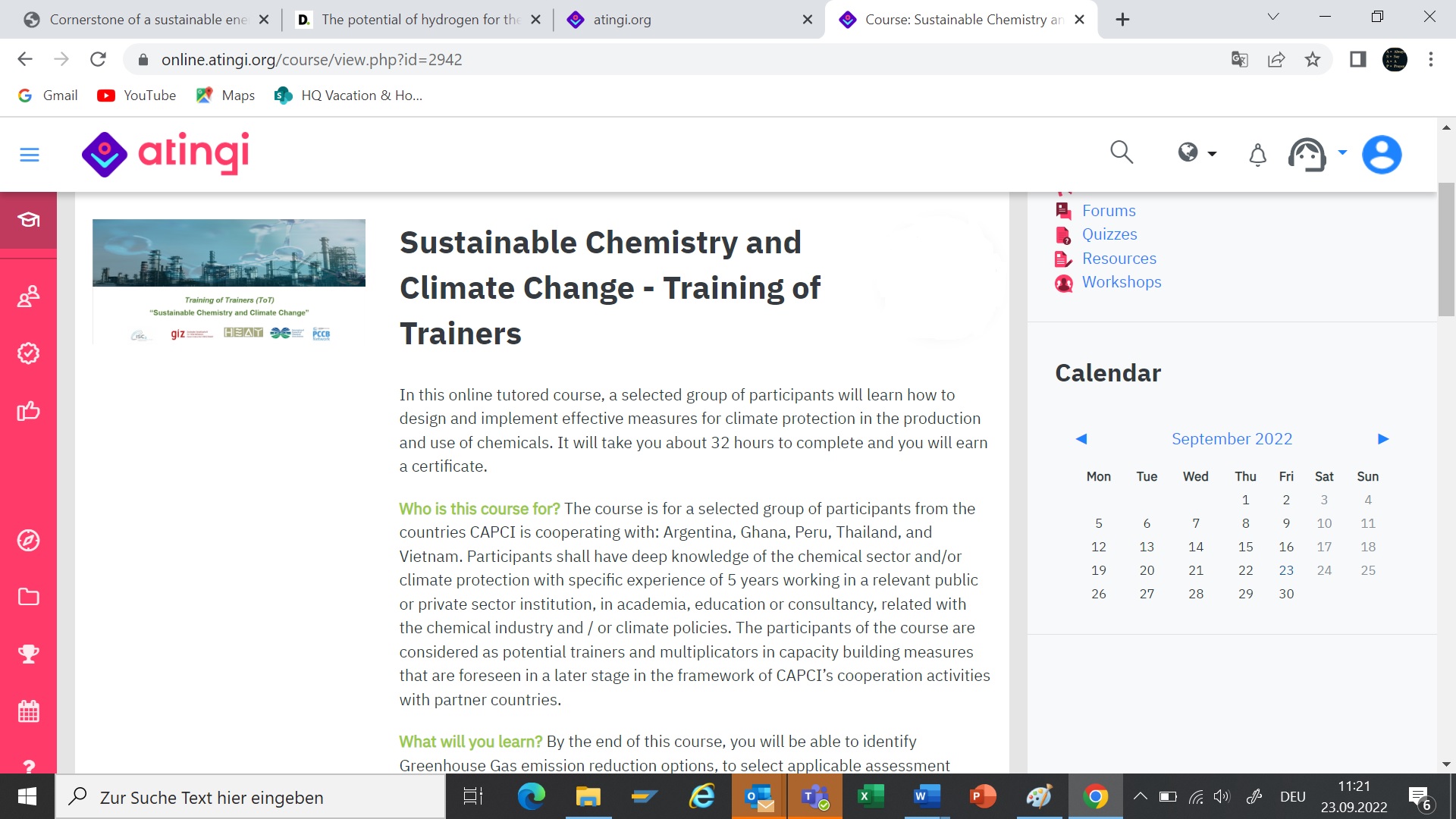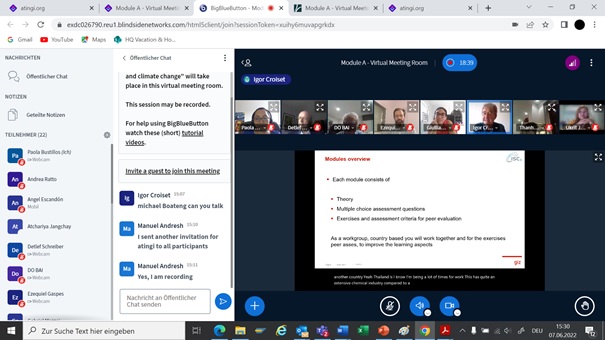CAPCI’s 2nd study visit addresses Sustainable Chemistry Strategies for fighting Climate Change
The 2nd Study Visit of CAPCI focused on the linkage of climate protection and chemistry. In several workshops and site visits 12 participants from CAPCI partner countries, Argentina, Ghana and Thailand had a deep dive into sustainable chemistry strategies for fighting climate change in Germany while also exchanging on experiences in their countries.
First, the groupe participated in the 9th ISC3 Summer School on Sustainable Chemistry for Sustainable Development at the Leuphana University in Lüneburg, where CAPCI organized the thematic day about the nexus between chemistry and the climate crisis. We had Inputs from Dr. Schreiber, Dr. Solis, Mrs. Nitz, and Dr. Loewert on different strategies for the transformation in the chemical industry into more climate protection. The participants could choose between different Workshops: “Industrial Clusters: tapping the potentials of inter-company cooperation and circular economy for climate protection” by Dr. Weber, “Greenhouse gas accounting for the chemical industry” by Dr. Solis and “Roadmaps for greenhouse mitigation in the chemical industry” by Dr. Schreiber and learn a lot about strategies for climate action in the chemical sector.
After four days in Lüneburg, the group traveled to Berlin where the participants took part in a workshop with other climate-related projects of the GIZ, discussing specific conceptual approaches like Power-to-X, resource efficiency and circular economy. The group also visited the Berlin Adlershof science and technology park to see how small companies, start-ups and non-university research institutes work together and share their expertise and space on a small scale. They had the chance to see a playmalysis plant of Graforce Hydro, to produce green hydrogen and discussed with the CEO of autarsys the use, finance and waste management of energy storage systems in developing countries. On the last day of the study visit the participants visited the first chemistry park in Germany in Bitterfeld-Wolfen. The area of Bitterfeld-Wolfen is more than two times larger compared to Adlershof. Participants received input from the park operator, where able to ask questions and had a tour over the site to see in practice what had been discussed conceptually in the previous days about Verbund sites in a chemical park and bring their experience to their home countries for climate protection.
The group from Argentina, Ghana and Thailand considered it successful study visit with many impressions about climate measures in innovative and chemical sites. They thanks to all speakers, companies, and experts for the inspiring discussions.


